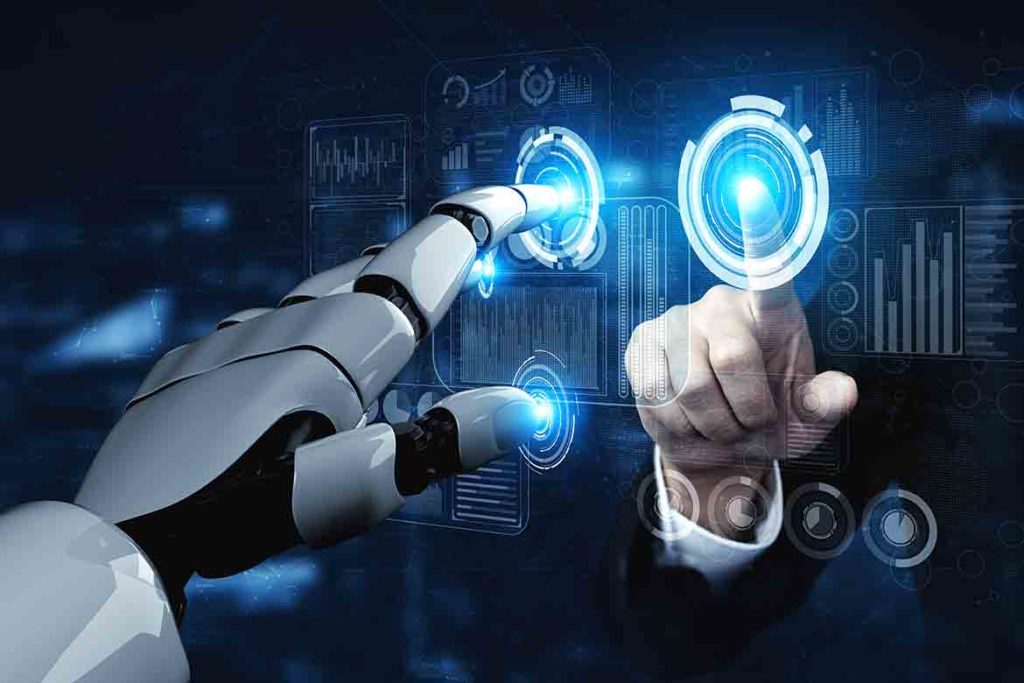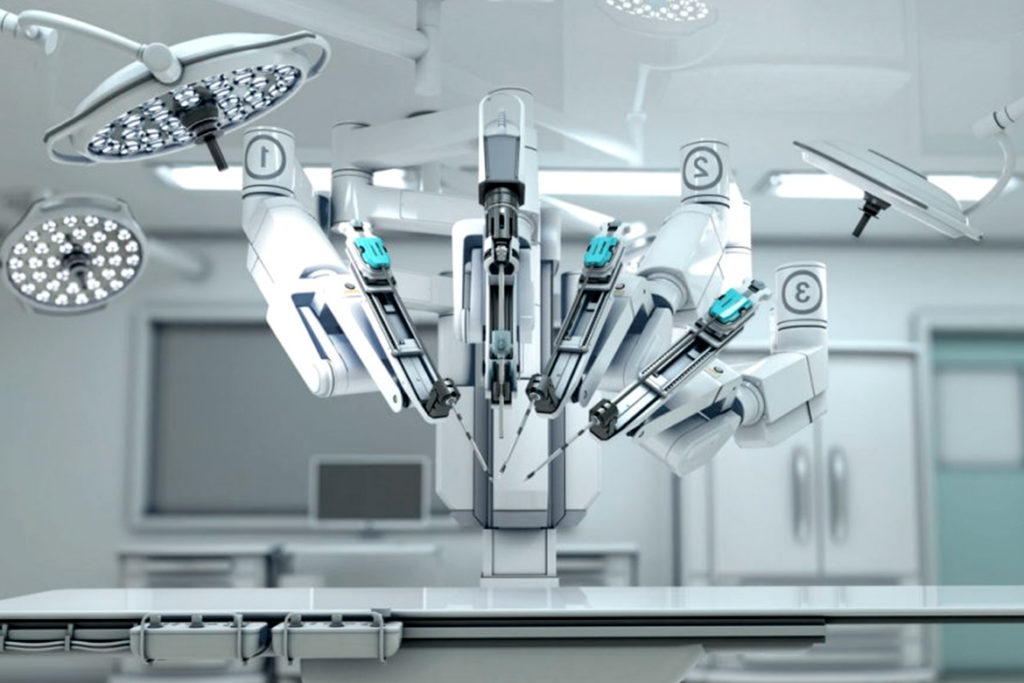In the last decade, Artificial Intelligence or AI has developed at an exponential pace. It is already being used with precision in the realm of agriculture for increasing crop yields, in business for increasing productivity, in banking for improving credit system, in the medical field for detecting disease and so on.
Notably, the more we use this, the better we collect and collate data for making systems more efficient. The world becomes more efficient and as a result, global prosperity gets a boost.
According to a calculated estimate, artificial intelligence can contribute more than the US $15 trillion to the world economy by the year 2030 and its share in global GDP is expected to be 14% by then. A study published in Nature, ‘Reviewing the impact of AI on Sustainable Development Goals– SDGs’, has found that it can facilitate up to 79% for achieving all SDGs.
Although, on the one hand, the use of AI can improve the lives of billions of people, on the other hand, it also can lead to new problems with further increase in existing problems.

Also read: How Artificial Intelligence Impact On Future Technology 2050?
Concerns regarding the increasing use of AI
The first and foremost concern is unemployment. The companies working on Robotics and AI are developing intelligent machines that are capable of performing menial tasks hitherto done by low-income workers, such as self-service kiosks to perform the functions of cashiers,robots can replace the manual sweat works, AI software encroaching the functions performed by HR in a company, etc. The day is not far when many desk jobs will be eliminated due to the use of AI, such as Accountants, Financial Traders and Managers.
The new growing technology can further increase income inequality. With the use of AI, a firm can drastically cut the human workforce, which means, distribution of income to fewer people. As a result, individuals who owned AI-powered companies would earn more profits.
This income inequality will be an increase in intra-country as well as inter-country. More investment is likely to be transferred to countries where an AI-powered ecosystem is already present which could further deepen the income inequality between countries.
Besides, income inequality, the social gap will also get wider. As the use of AI will increase digital exclusion. The people with access to ever-growing technology will always be in a more advantageous position in society.
Addiction to technology also sets a limit on the human being. AI is already being used to direct humans and control certain aspects of our lives.

We must not forget that the AI system is man-made, whose function may be biased. It identifies people based on their skin colour and minorities. In the current world, which again is moving towards protectionism, this AI can be misused.
The use of AI has led to serious concerns regarding data privacy. Complex algorithms require vast amounts of data, which often cause digital footprints of common people to be sold and used without their knowledge or informed consent. Currently, personal and social concerns arising from the AI business model need to be taken as a warning.
What needs to be done?
Many leading countries, including India, are aware of the benefits and risks involved. They are working for the betterment of the world by striking the right balance between increasing the use of AI and controlling AI.
A multi-stakeholder governance structure that ensures that dividends are fair, inclusive and equitable are much needed. Such a systemcan appropriately optimize our digital future with AI.
In such a situation, the Commune Bonum approach to AI governance will enable us to develop AI with a wider code of ethics and win the social trust and fulfill common promises.
Given the global reach of AI, it should be developed by the whole world approach rather than the whole society approach.
The roadmap presented by the UN Secretary-General for digital collaboration is a good initiative in this direction. Thus, a global, comprehensive standard draft on the Ethics of Artificial Intelligence has been recommended by UNESCO for member countries to discuss and adopt AI.

In a nutshell
The use of AI helps transform virtually every aspect of existence. It opens up new and higher unimaginable avenues for climate change mitigation, education and scientific discovery, hunger, elimination of poverty and disease.
However, in the absence of ethical norms, the use of AI will irrevocably increase social and economic gaps as well as any inherent prejudice can produce catastrophic discriminatory results.
